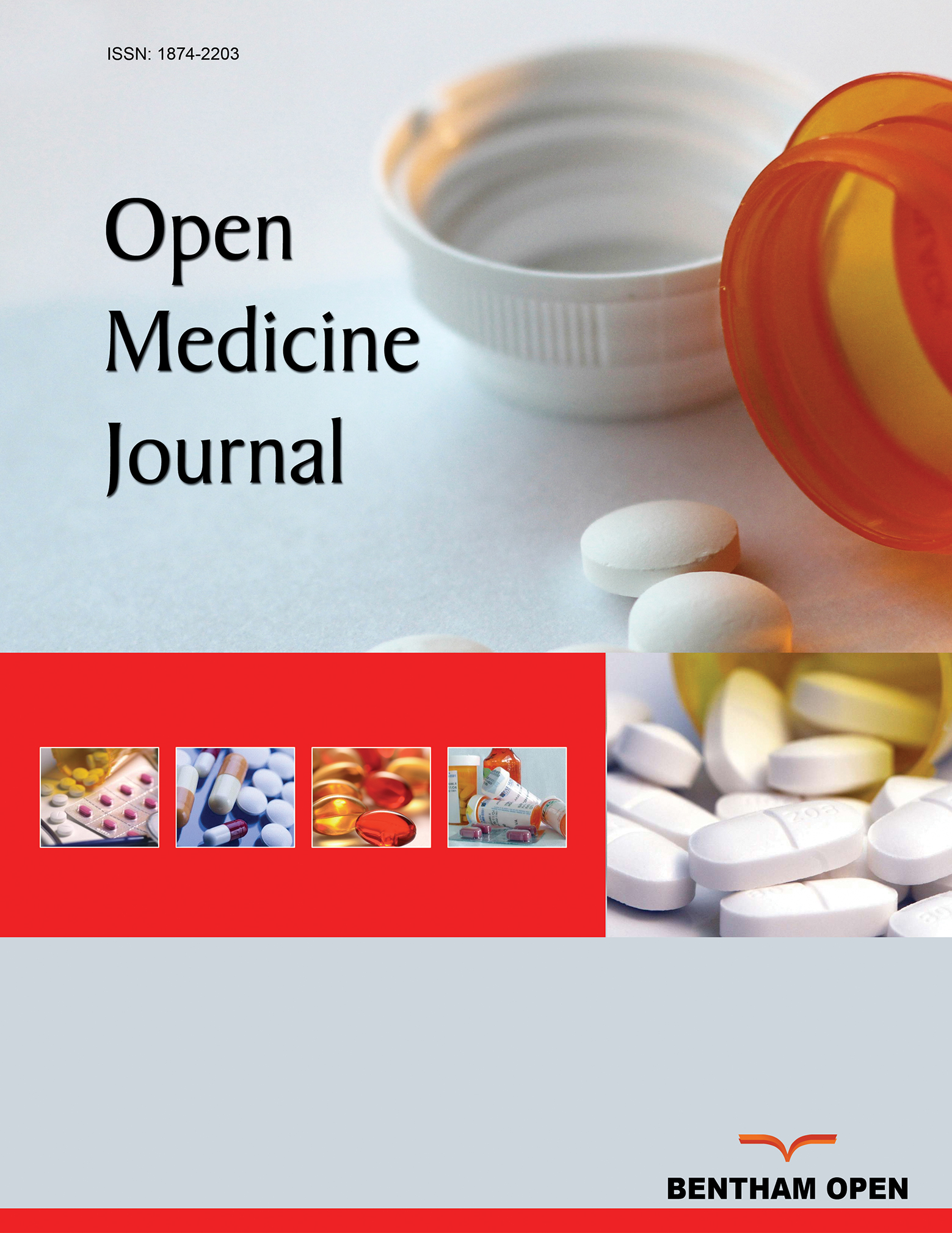All published articles of this journal are available on ScienceDirect.
Contemporary Mitral Valve Surgery for Septuagenarians and Octogenarians
Abstract
Background:
The increasing prevalence of degenerative and functional mitral valve disease as the population ages alongside introduction of percutaneous mitral valve interventions mandates revision of outcomes of mitral valve surgery (MVS) in elderly and high risk patients. We compared the characteristics and outcomes of octogenarians and septuagenarians undergoing MVS.
Methods:
All patients over 70 years of age having isolated MVS at Auckland City Hospital during 2005-2012 were studied and divided into 70-79 and >80 years age-groups for analysis.
Results:
There were 20 octogenarians and 81 septuagenarians studied. Apart from median age (82.0 vs. 74.0 years, P<0.001) and previous stroke (15.0% vs. 1.2%, P=0.024) respectively, there were no significant differences in pre-operative characteristics. Octogenarians however had significantly higher median EuroSCORE (4.5% vs. 3.4%, P=0.010) and STS Score (5.6 vs. 2.8%, P=0.002). Despite this, octogenarians had numerically but not statistically significantly less operative mortality (0.0% vs. 7.4%, P=0.340). One, three and five-year survivals were 100.0%, 80.0% and 70.0% for octogenarians and 91.4%, 86.4% and 73.8% septuagenarians. There was also no difference in composite and individual post-operative complications including stroke (P=0.358-1.000). The only independent predictor of operative mortality was cardiopulmonary bypass time odds ratio 1.02, 95% confidence interval 1.00-1.04, P=0.044.
Conclusion:
Although octogenarians were older with higher risk scores, they did not have increased mortality and morbidity from MVS. MVS remains a safe procedure in selected octogenarians, and other factors beyond age and risk scores such as frailty would be important in deciding the modality of mitral valve intervention in elderly patients.


